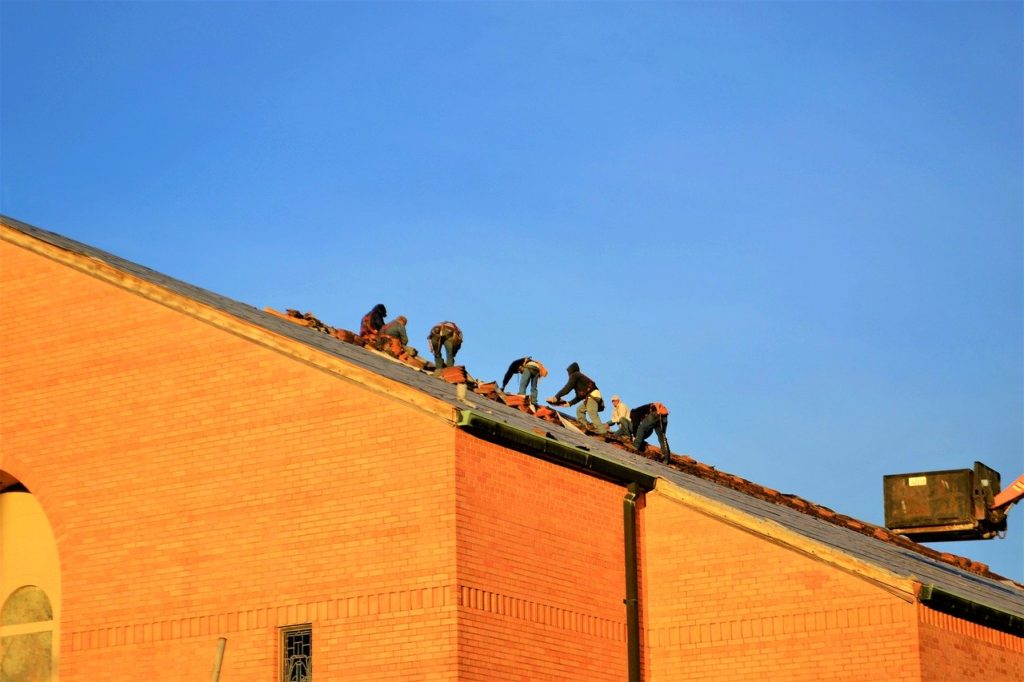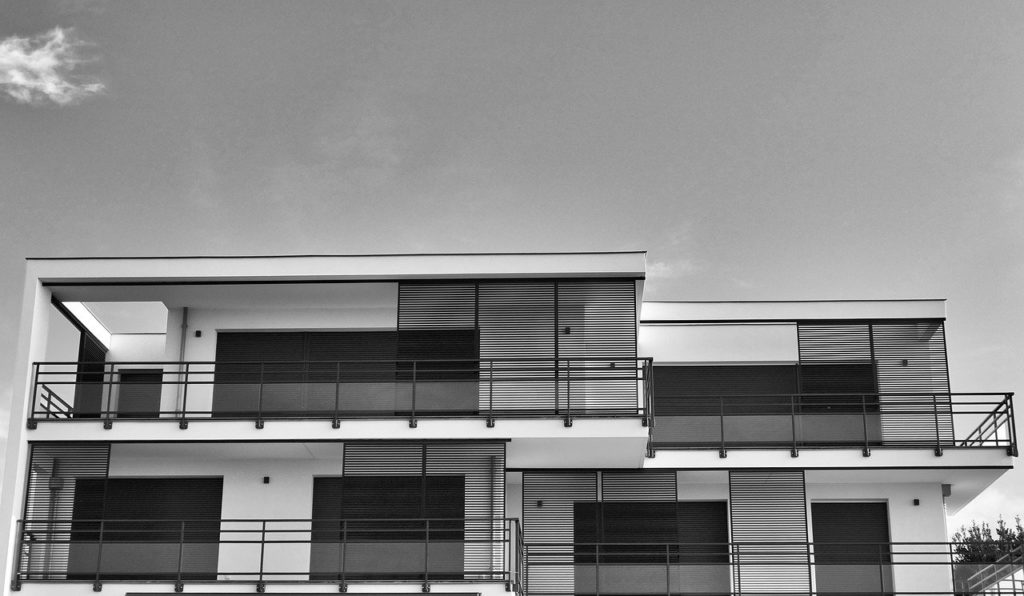The roof of your business is something you may not think about until a problem with it arises. Whether a leak forms, mold grows, damage occurs from inclement weather, or it has simply outlived its lifespan, you need a professional roofing contractor to repair or replace your roof.
If this is your first time hiring a commercial roofing contractor, you may not know how the process works. In this blog post, we discuss commercial roofing bids: what they are, how to request them, and what each bid reveals about the companies that write them. With this knowledge, you’ll feel more prepared and confident in starting the bidding process.
How Commercial Roofing Bids Work
A commercial roofing bid is different from a roofing estimate, which you usually receive during an initial consultation with a contractor. An estimate is an approximation of how much your project will cost, based on factors like roofing materials, the scope of the job, industry experience, and more.
In comparison, a commercial roofing bid is the exact amount that a roofing contractor will agree to for your project. A bid amount will usually compete with bids from other roofing contractors in the area.
To request a bid, ask a contractor for a written proposal following your initial consultation. They will already have given you an estimate during your appointment. A bid will be more comprehensive and detailed than the estimate.
What a Bid Should Contain
A commercial roofing bid should include all the information you need to choose a contractor for your project. It should outline commercial roofing costs, materials that will be used, a timeline for the project, and much more.
SCOPE OF THE PROJECT
First, make sure the bid defines your project correctly and states the solution that they offer with your services. Does the scope of their work solve your roofing problem and meet your goals? Check that the bid outlines each step of the process, materials that will be used, safety measures that will be taken, and so on.
COMMERCIAL ROOFING COSTS
A thoughtfully prepared bid will break down the costs of your roofing project so that there’s nothing to hide and it’s easy to understand. Check the details of costs: is labor charged hourly? How will you be charged if the project is delayed? Some costs may be fixed, but others may vary while the project is underway. If any details are unclear, ask for clarification.
INSURANCE AND WARRANTIES
Every contractor will have liability insurance to cover property damage, injuries, or interruption to your business in case the unexpected happens. Your bid should include a certificate of insurance (COI) that states the amount of insurance for your project.
Also typically included is a roofing contractor warranty, which is a written guarantee for the work that they’ll complete. Warranties can range in length and type based on your business. You may also see a roofing contractor warranty, which lasts between one and five years, and a manufacturer warranty, which ranges from ten to thirty years depending on the materials.
These are some of the main sections you’ll see on a bid. You may also find information on company history, safety, materials, and more.
How to Interpret and Verify Bids
Now that you know what commercial roofing bids typically contain, it’s time to consider each bid you’ve received and choose a contractor. Many bids will have the same information and similar costs. One of the most important things to remember is to avoid using cost as your deciding factor. A lower bid may seem attractive at first, but it doesn’t mean that a contractor will provide reliable, high-quality work that lasts.
COMPARE PRICE DIFFERENCES
A contractor may propose a higher bid by using materials of better quality, more comprehensive insurance coverage, better warranties, or a shorter timeline for your project. Make note of what each contractor offers to clarify price differences in your bids.
REVIEW EXPERIENCE AND HISTORY
One quick way to check on a contractor’s credibility and experience is to look at their licensing and bonding. Ask for proof of documentation and check that it’s up to date, if needed. If a contractor declines to give you proof, that’s a red flag.
CHOOSE AN EXPERIENCED LOCAL
When looking for a commercial roofer, a local or in-state contractor is your best bet. You want someone who understands the local weather — especially in Florida — which can affect the materials and practices used for your roof repair or replacement. You can ask other businesses in your area for contractor recommendations.
Finally, look at how each bid is presented overall. A contractor who spent time designing a professional, comprehensive, neat bid that’s easy to read made an effort in their work. That matters.
Get Started with Westfall Roofing
If you’re having a tough time choosing between two similar bids, go with your gut. Choose the bid from the contractor you trust. Maybe you feel more secure about how quick they are to communicate with you, or perhaps someone recommended them enthusiastically. You’ll feel better about working with them if you trust your instincts.





